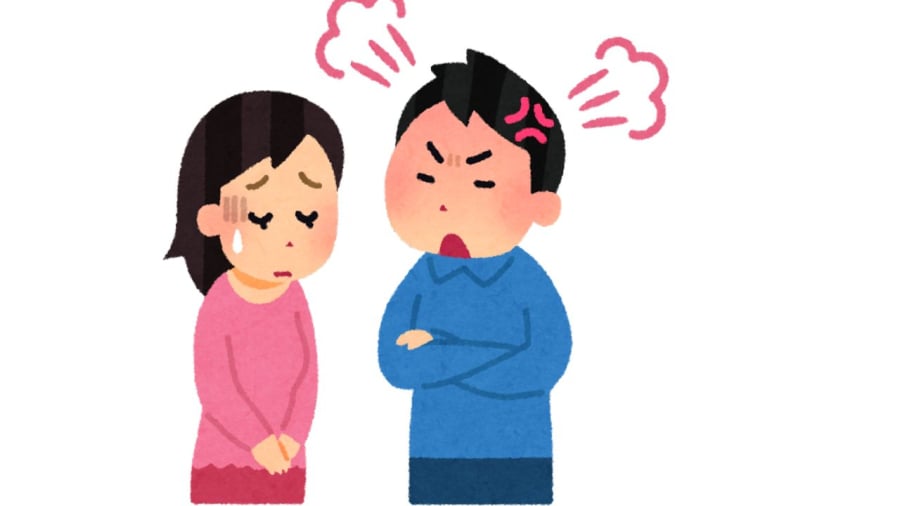Boasting Parents
Boasting about wealth, relationships, or career achievements in front of children instills in them a mindset that values material gain over honesty and sincerity. Such parents risk raising children who are neither filial nor truthful. As these children grow up and realize their parents’ true nature, they may come to despise them for their pretenses.
Parents Who Expect Repayment
Some parents hold the belief that their children owe them for bringing them into this world and providing for them. This creates a debt-like relationship, causing children to feel trapped and fearful of their parents’ “demands.” Such an attitude often leads to resentment and a desire to escape the parental home. It also diminishes the sanctity of family bonds.

Constant Reminders of Filial Piety Can Be Off-Putting
Parents Who Take Their Anger Out on the Family
When parents bring their anger home, whether from a dispute with each other or an external source, it creates a frightening environment for their children. However, if parents own up to their mistakes and apologize to their children, it sets a positive example for them to follow. On the other hand, consistently blurring the lines between right and wrong and taking their anger out on the family will deeply hurt the children, as they bear the brunt of their parents’ irrational behavior. This can lead to anger, blame, and negative behaviors that the children may replicate with their parents and siblings.
Nagging Parents
Constant nagging by parents can exhaust children. As the saying goes, “A parent’s words are the wind and rain of a child’s life.” Nagging can evoke negative emotions in children, leading them to feel disrespected and prompting acts of defiance.
As children grow older, parents should be mindful of this habit, as it can create a highly negative and intimidating family atmosphere.

Nagging Parents Can Cause Despair
Parents Who Justify Their Actions by Saying, “I’m Doing This for You”
Some parents believe that their children are their possessions and that they have the right to interfere in their lives, often justifying their actions by saying, “I’m doing this for you.” This can make children feel suffocated and fearful. This type of “love” is actually a form of control disguised as affection, which can lead to resentment and rebellious tendencies in children.
Imposing Decisions on Children
Parents should respect their children’s individuality from a young age instead of imposing their will on them. Doing so creates discomfort and leads to resistance, causing family conflicts. When parents disregard their children’s opinions, the children may reciprocate this treatment when the parents grow older.
Constantly Reminding Children About Filial Piety
While all parents desire filial children, constantly reminding them with statements like, “You must repay your parents when you grow up,” can be tiresome for the children. Instead, parents should lead by example, showing respect to elders, and teaching their children about gratitude, rather than demanding it.



































